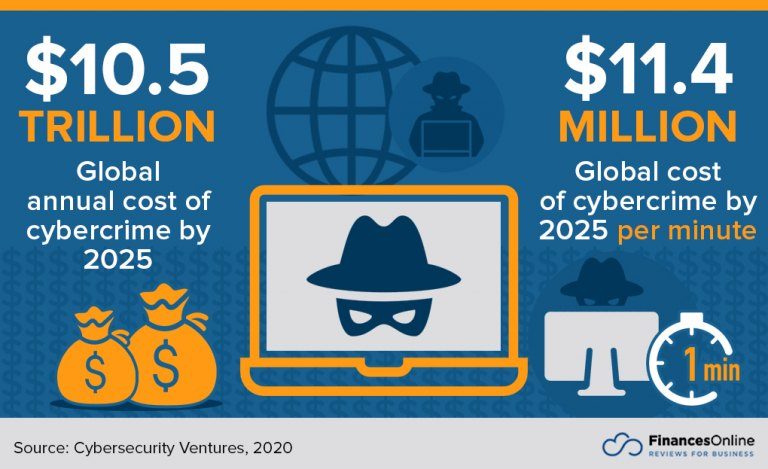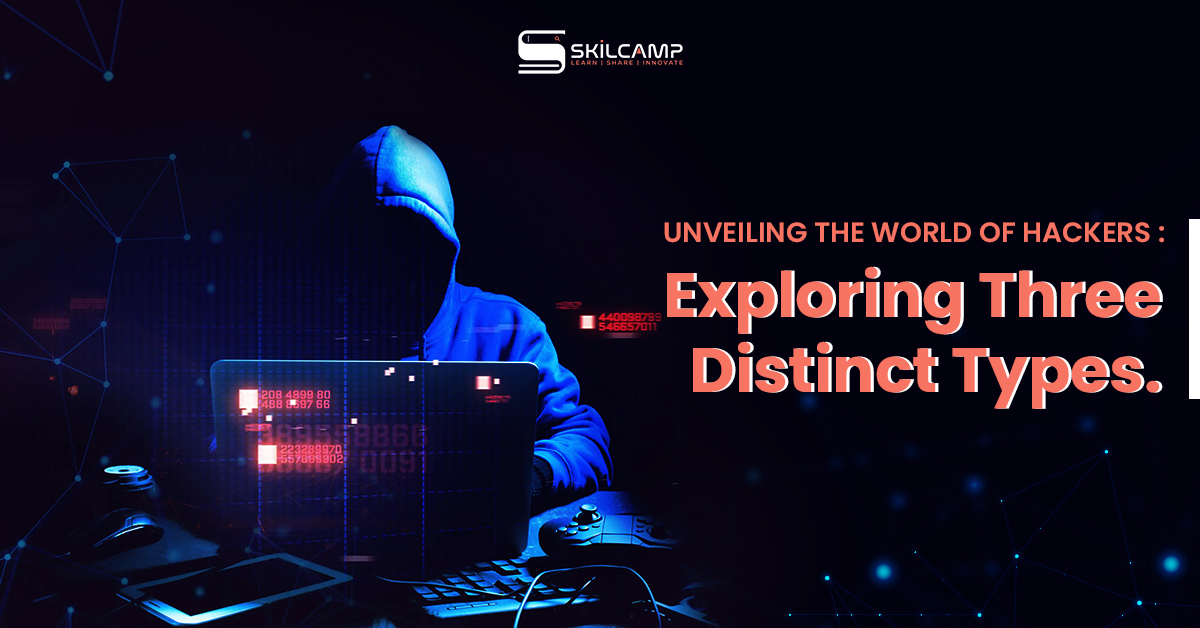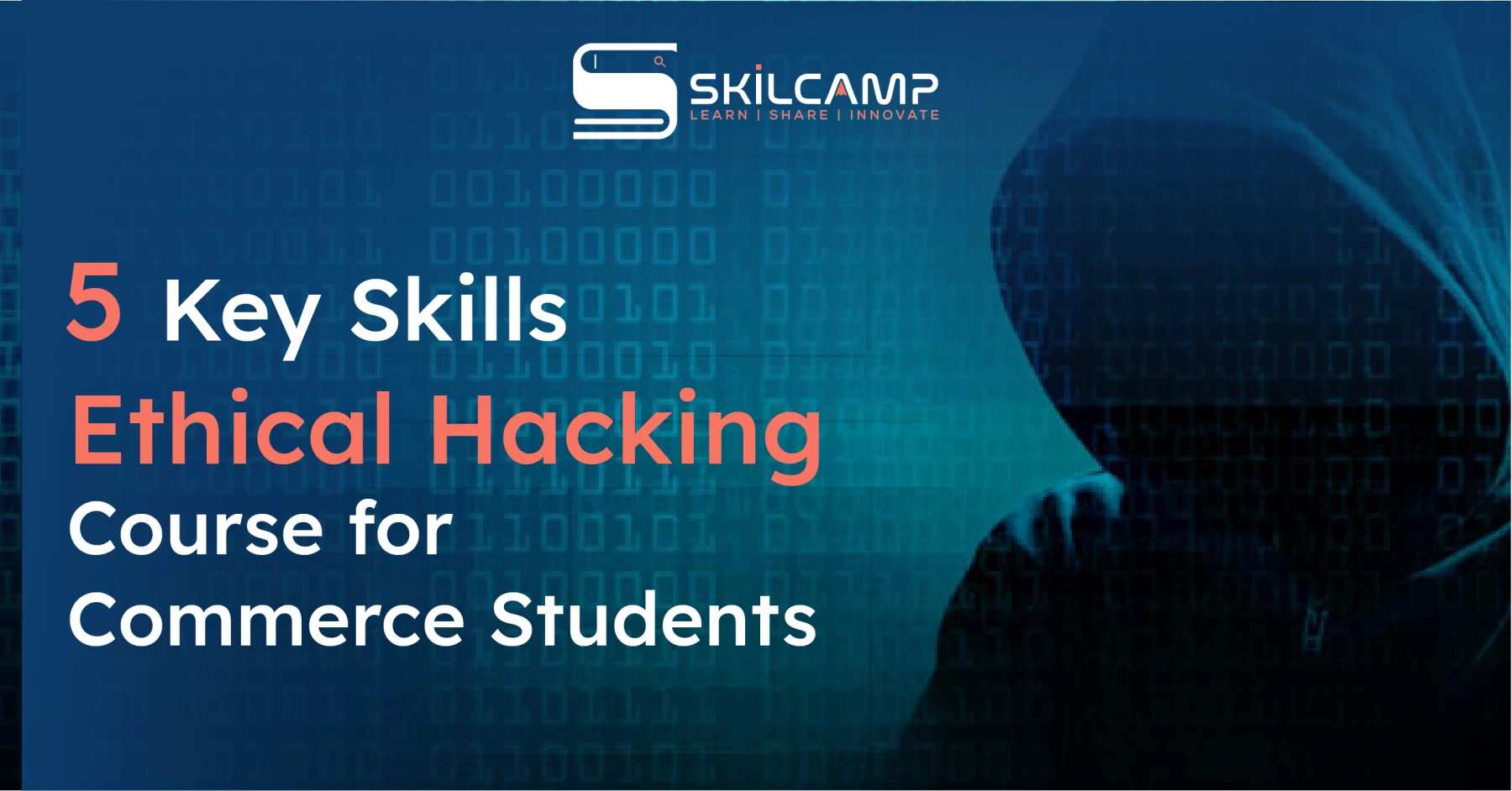Table of Contents
Types of Ethical Hackers
Hacking has evolved as a powerful force in today’s linked digital ecosystem, changing the way we think about and interact with technology. The methods and motivations of people who want to exploit technological weaknesses change with time and with various ethical hacking courses. Once the exclusive domain of subversive fans, hacking has now broadened to include a wide range of actors with different goals. This article explores the three most common categories of hackers, providing insight into their individual traits, goals, and effects in today’s increasingly digital society. The only way to successfully navigate the complexity of cybersecurity and protect our digital future is to have a firm grasp of these hacker archetypes.
The varied classification of hackers
There is a wide range of motivations, skill sets, and ethical attitudes among the hacker subculture. Both the variety of the hacking community and the possible repercussions of their acts for people, businesses, and society are highlighted by these categorizations.
- Cybercriminals
Cybercriminals are those who use their technical knowledge to break into computer systems for financial gain. Data breaches, identity theft, financial fraud, and ransomware assaults are just some of the things they do. Cybercriminals are financially motivated to steal information from organizations, governments, and people. The sophisticated methods they use are a major risk to online safety and privacy.
- Hacktivists
Hacktivists utilize their expertise and ethical hacking course in computer hacking to promote political or social issues they believe in. They may take aim at businesses, governments, or other groups they see as oppressive or unfair. They may engage in activities like as leaking sensitive data, defacing websites, and launching distributed denial-of-service (DDoS) assaults. Hacktivists’ acts may cause major disruptions and even legal repercussions, notwithstanding their activist motivations.
- Ethical Hackers
White hat hackers—also known as ethical hackers—are an integral part in making the Internet safer for everyone. Their job, whether they are employed by a company or working individually, is to find security flaws in a system before an attacker can exploit them. Ethical hackers protect sensitive data and ensure continuous operations via controlled penetration testing, vulnerability assessments, and security audits.
- Script Kiddies
Script kiddies are a kind of hacker known for their lack of technical expertise. They often launch assaults using pre-existing tools and scripts, with just a cursory familiarity with the underlying mechanics. While their acts may be motivated by curiosity or a want for fame, their lack of experience usually means their assaults are less devastating than those of other types of hackers.

The 3 categories of Hackers
White Hat Hackers: The Ethical Protectors
White hat hackers have specialized knowledge and skills in addition to strong moral convictions and a commitment to doing no harm. Essential skills include familiarity with network protocols, vulnerability assessment tools, and programming languages like Python. As an added complication, white hat hackers need an inventive mind to mimic the strategies of black hat hackers and spot flaws before they are exploited.
Knowledge is power, so make sure your students have a firm grasp of computer science, networking, and security. The information required may be obtained via formal education or certifications like Certified Ethical Hacker (CEH). Abilities in technical areas such as coding, networking, OSs, and security software are essential. It is essential to be familiar with penetration testing techniques and equipment for ethical hacking course for beginners In Hindi.
Expert in cybersecurity Mikko Hyppönen has uncovered a plethora of malware dangers and made important contributions to the industry. Elazari is a well-known expert in the field of cybersecurity who promotes the importance of ethical hacking in protecting the digital world.
Black Hat Hackers: The Lawbreakers
By contrast, “black hat” hackers intentionally break into systems, take advantage of flaws, and commit other forms of cybercrime. Black hat hackers, in contrast to ethical hackers who stay within the law, break the rules in order to steal information, disrupt networks, or do harm to persons or organizations.
A “black hat” hacker is someone who uses their technological skills for malicious ends by breaking into computers, networks, and software. Their deeds include hacking, data theft, virus dissemination, and other forms of online criminality. When pursuing their goals, black hat hackers don’t care about the law or ethics.
In 2017, enterprises all across the globe were hit by the NotPetya ransomware assault, resulting in significant disruptions and financial losses. A state-backed outfit with political motivations was eventually blamed for it.
Black hat hacking may have devastating effects, as shown by these cases, demonstrating the critical need of strong cybersecurity measures and the need to counteract such actions in order to safeguard people, businesses, and the internet as a whole.

Gray Hat Hackers: Right in the middle
Gray hat hacking is a compromise between completely ethical hacking and completely unethical hacking within the context of an ethical hacking course. As their name implies, gray hat hackers occupy an ethically gray area within the scope of an ethical hacking course. Although they may hack without permission, their acts and motivations may not necessarily be evil or unlawful within the context of an ethical hacking course.
While gray hat hackers often reveal security flaws and breaches in digital systems, their reasons for doing so might vary widely within the context of an ethical hacking course. Some hackers, known as “gray hats,” intentionally cause damage to systems to call attention to security flaws in the hopes that legitimate businesses would fix them before they are exploited by criminals within the scope of an ethical hacking course. Although they may not intend any damage or advantage from their acts, they are nevertheless engaging in illegal conduct within the context of an ethical hacking course.
A few other types of Hackers
In addition to the more general categories, there are a few further subcategories of hackers that reflect more nuanced responsibilities and traits.
- GREEN HAT HACKERS
Green Hat Hackers are novices in the world of hacking and cybersecurity who are just starting out and want to learn the ropes. Perhaps they aren’t trying to harm anybody, but they lack the experience of more seasoned hackers.
- BLUE HAT HACKERS
Blue hat hackers are impartial third-parties employed by businesses to probe the security of their networks. Comparable to ethical hackers, but not employed by the security division, these individuals pose no threat to the company.
- BLACK HAT HACKERS
Black hat hackers are the target of red hat hackers, who work to thwart them. They seek out and eliminate bad behavior, doing their best to uncover and stop cybercriminals.
Also Read: Ethical Hacking Scope in India: 6 Reasons To Start Your Career Today!
The rising demand for Ethical Hackers
The need for cybersecurity professionals, especially ethical hackers, has skyrocketed as the world gets more and more computerized. Companies in every sector understand they must take preventative actions to safeguard their networks and users. There is a critical need for ethical hackers to find security flaws in systems before they may be exploited by bad actors. Their expertise is crucial for preserving the reliability of digital infrastructure, protecting confidential data, and guaranteeing the proper operation of essential technologies. The need to employ professional ethical hackers to keep ahead of threats and defend the digital environment is becoming more urgent in view of the increasing frequency and complexity of assaults.
How To Learn Ethical Hacking?
Ethical hacking is a fascinating field, but mastering it takes time, effort, and a firm belief in doing no harm. A starting point is provided below.
- Numerous online resources for ethical hacking course for beginners provide self-paced courses designed to educate students in ethical hacking. Skilcamp is one of the online learning environments that provide in-depth instruction on hacking and other cybersecurity-related topics.
- Ethical hacking is not something only those with extensive technical knowledge can do. This path may be taken by anybody with a serious curiosity for technology and a desire to learn more about it.
- Knowledge of computer systems, networks, and programming languages like Python is helpful, but you don’t have to be a genius programmer.
- Ethical hacking is a dynamic discipline that is always changing. Learning new vulnerabilities and attack vectors as they appear is essential. Participate in discussion groups and message boards, and read up on the latest in cyber news to know about course fees.
Recommended Course: Ethical Hacking Certification Training (Beginner to Advanced)
End Note
The ability to do ethical hacking is a potent talent that helps keep our digital lives secure. Ethical hackers can better safeguard systems, spot vulnerabilities, and prevent cyberattacks if they are aware of and can mimic the methods used by malevolent hackers. Keep in mind that anybody may learn the skills necessary to become an ethical hacker and play an important part in preserving the security of the internet and can earn a good ethical hackers salary.
FAQs:
1. Do laws permit ethical hackers?
When done with permission, ethical hacking is perfectly lawful. Ethical hackers find security flaws within the law and try to fix them.
2. Can I become an ethical hacker without knowing how to code?
Coding knowledge is helpful but not required. However, knowing the fundamentals of programming might help you better understand security flaws and how to attack them.
3. How do ethical hackers define their tools?
Scanners, penetrators, and analyzers are only some of the tools used by ethical hackers in their daily job. Nmap, Metasploit, Wireshark, and Burp Suite are only few examples.
4. Can I make the switch from being a malicious hacker to an honest one?
In a word, yes. Former hackers may make the transition to ethical hacking, where their expertise is put to use in legitimate and beneficial ways. But a dedication to ethical ideals is essential for making this change.




Leave a Reply